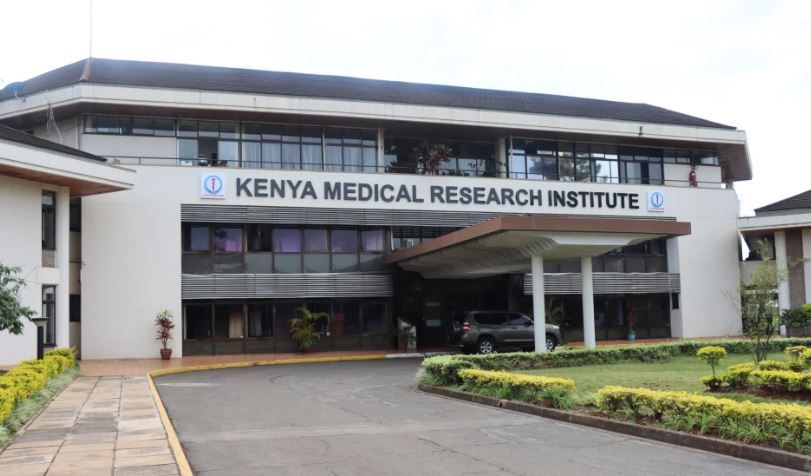
Scientists established that daily administration of co-trimoxazole in conjunction with the anti-malarial drug dihydroartemisinin–piperaquine serves as a preventive measure against the transmission of the deadly disease among expectant women living with HIV in malaria-endemic regions.
World Vision International notes, “Co-infections with Malaria and HIV/AIDS have significant health implications, especially for children and pregnant women.”
However, KEMRI stated in a news release on Tuesday that the efficacy of this approach in sub-Saharan Africa is jeopardized due to the rising resistance of Malaria parasites to the drug.
Encouraging Findings
KEMRI Clinical Research Scientist Dr. Hellen Barsosio, a lead author of the new paper published in The Lancet, expressed appreciation for the discovery, emphasizing that it will provide an additional tool in the fight against malaria.
“These findings are very encouraging. Not only did we find that adding dihydroartemisinin–piperaquine to co-trimoxazole was safe and prevented two out of every three Malaria infections during pregnancy, it was also very well tolerated by pregnant women, which is very important when a drug is given for prevention,” she said.
“The study could lead to a much-needed policy change that could make a real difference in improving maternal and newborn health in Africa.”
KEMRI Acting Director General Prof. Elijah Songok echoed her sentiments.
“We celebrate these findings that propose additional arsenal against a disease that risks about 70 percent of our population, malaria in pregnancy can cause a host of serious health complications, including miscarriage, stillbirth, pre-term delivery and growth restriction of newborn babies, and co-infection with HIV increases doubles these risks,” Prof. Songok said.
The trial established that pregnant women who received the combination of monthly dihydroartemisinin–piperaquine alongside daily co-trimoxazole experienced 68% less malaria during pregnancy compared to women who received the standard of care with daily co-trimoxazole alone.








